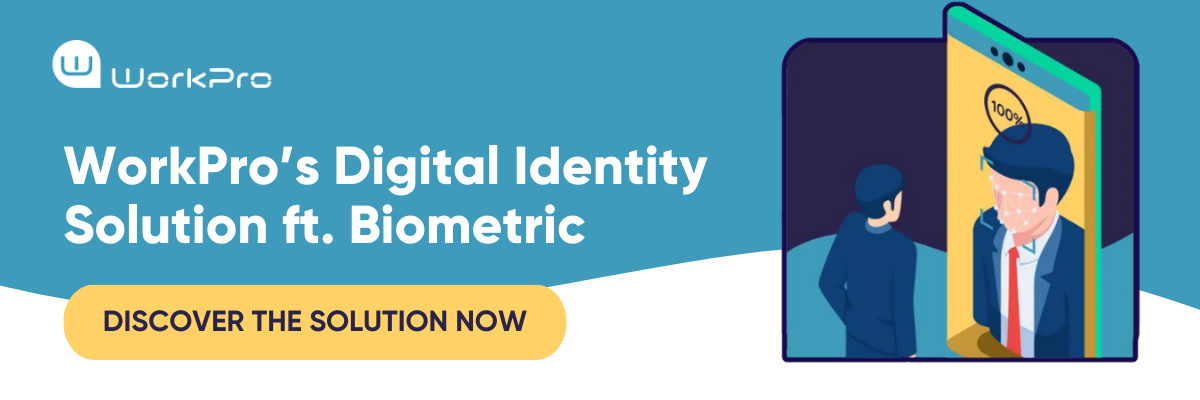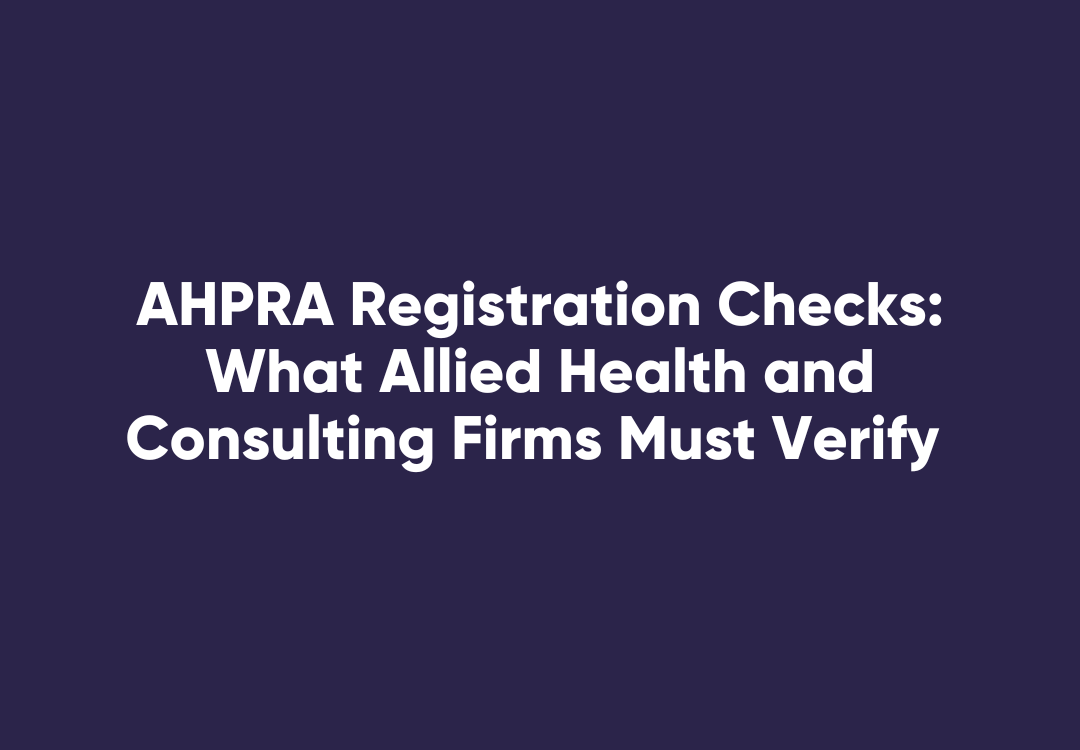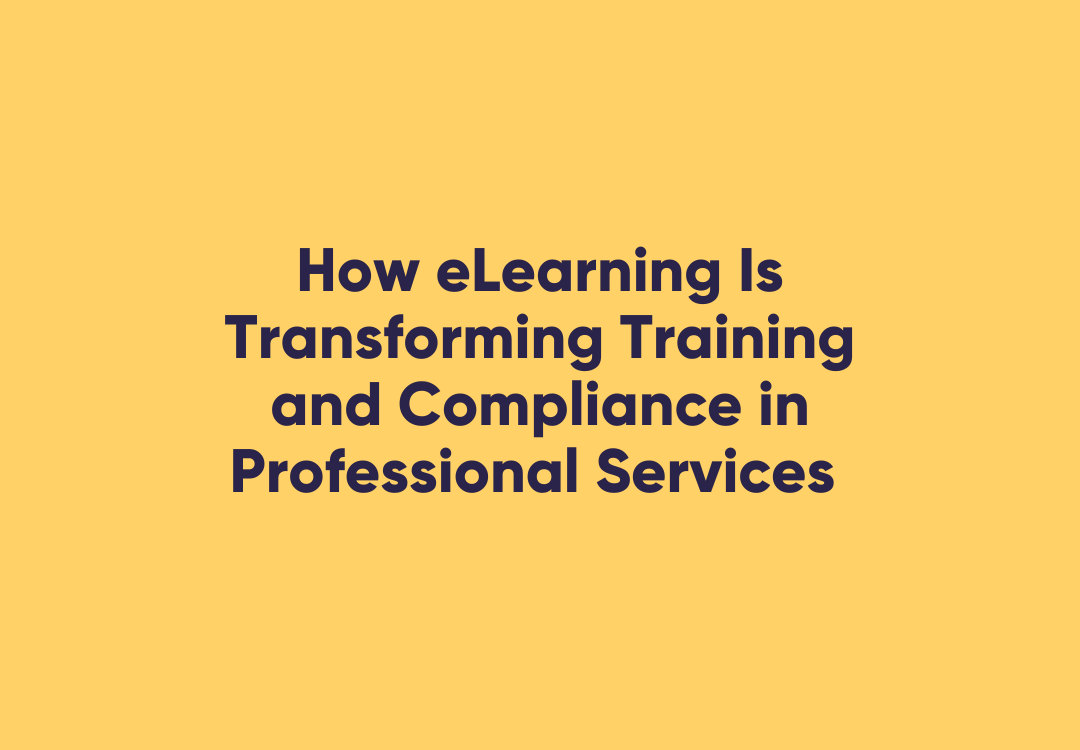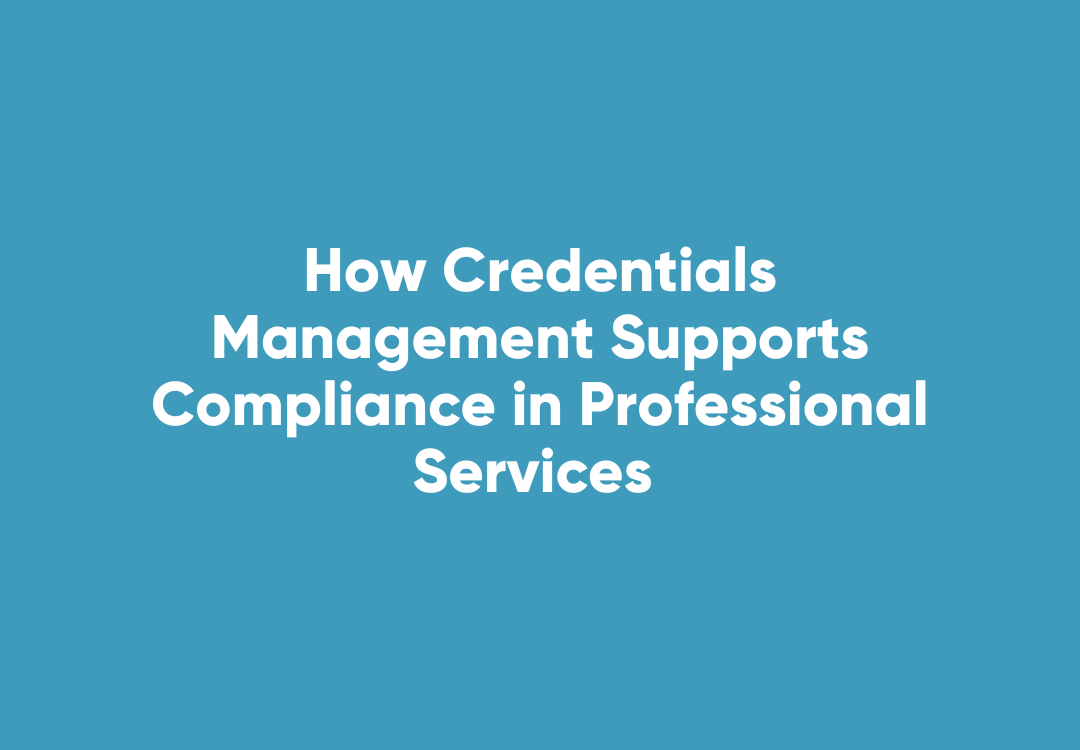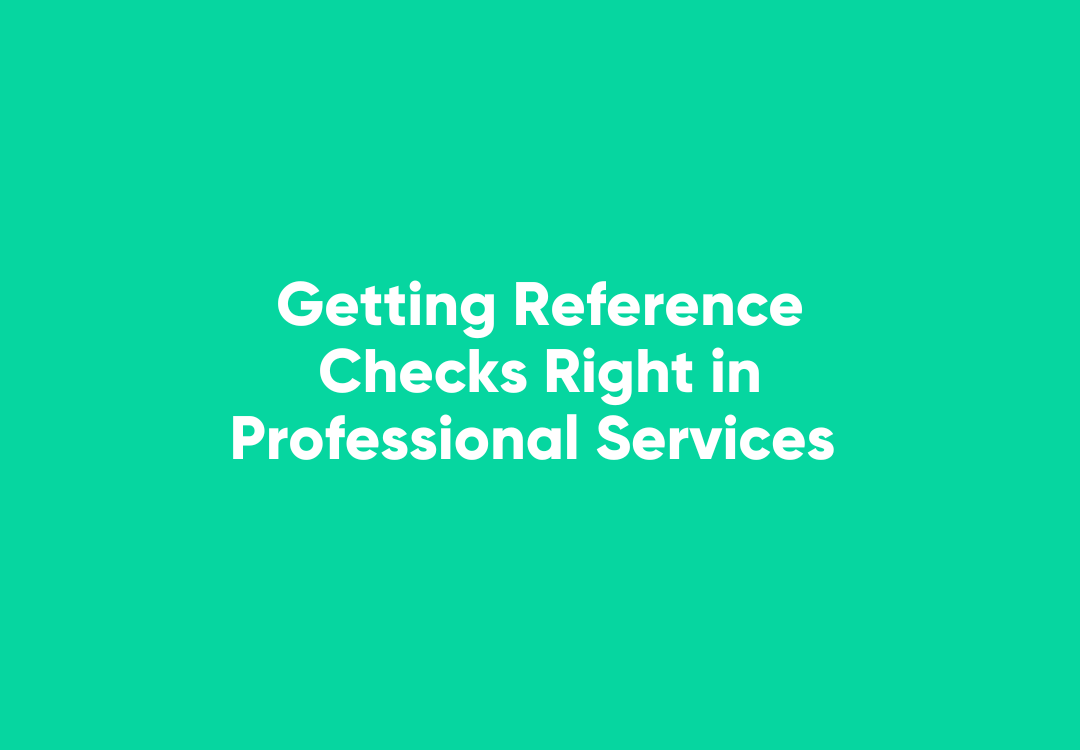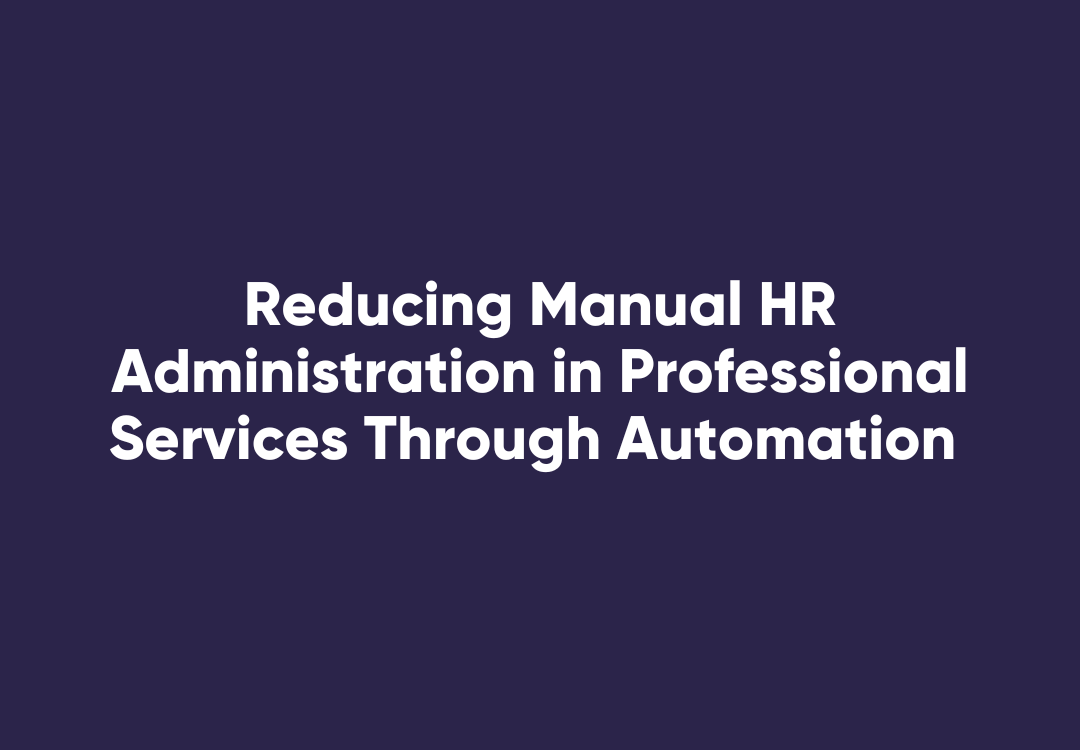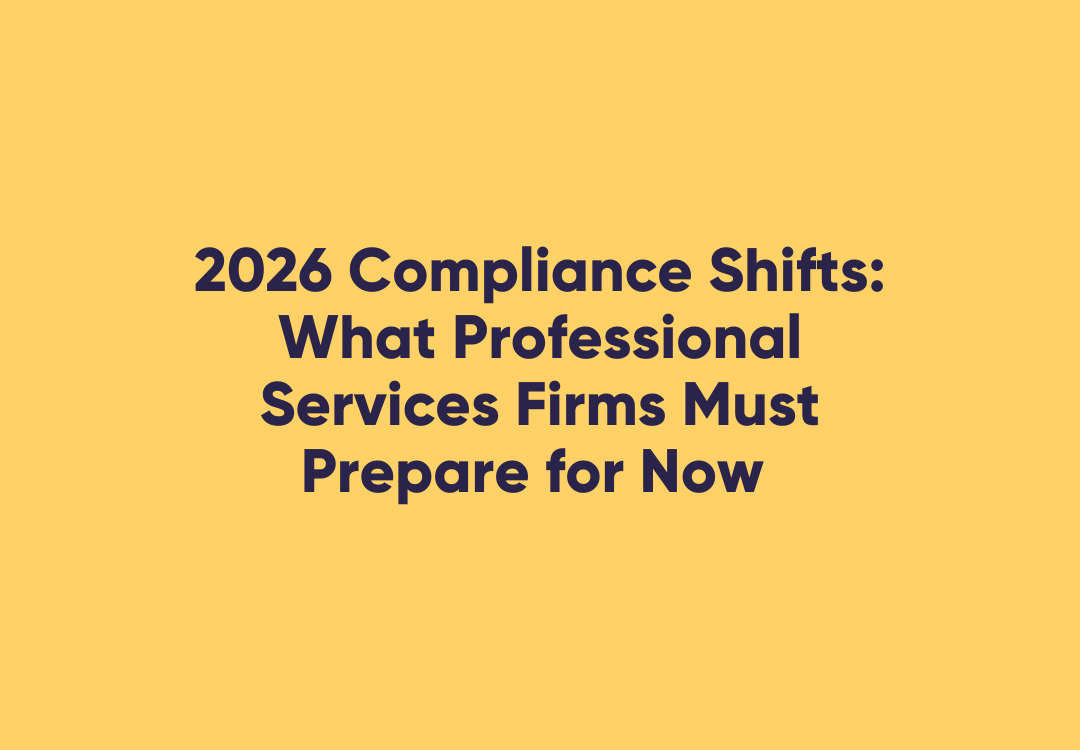Workplace Compliance: How to Ensure a Fully Job-Ready Workforce
Workplace Compliance: How to Ensure a Fully Job-Ready Workforce
A job-ready workforce isn’t just about skills and experience—it’s about meeting legal, safety, and ethical compliance standards before an employee’s first day. Without proper compliance measures, businesses risk legal penalties for failing to verify work eligibility, workplace safety incidents due to inadequate health and safety training, and reputational damage from unethical hiring or discrimination issues.
By automating compliance verification and monitoring, HR teams can minimise risks while ensuring every employee is fully prepared and compliant from day one.
Why Workplace Compliance is Essential for Job-Readiness
A PwC compliance report found that 77% of companies have been negatively impacted by compliance complexity, making it critical to streamline verification and compliance processes. (PwC Global Compliance Study 2025)
Ensuring compliance before onboarding improves:
✔ Legal Protection – Reduces liability by meeting employment laws and visa requirements.
✔ Workplace Safety – Ensures all employees complete necessary Workplace Health & Safety (WHS) training.
✔ Operational Efficiency – Prevents hiring delays due to missing credentials or manual admin work.
✔ Stronger Employer Reputation – Demonstrates a commitment to ethical hiring and workforce standards.
By integrating compliance tech solutions into recruitment and onboarding, HR teams reduce hiring risks and ensure a fully job-ready workforce.
Key Areas of Workplace Compliance for Job-Readiness
1. Right-to-Work & Employment Verification
Failing to verify work rights can lead to fines of up to $315,000 for businesses in Australia. To avoid penalties and maintain compliance with employment laws, key steps include:
- Confirming citizenship, work visas, and residency status for right-to-work compliance.
- Conducting identity verification to prevent fraud and hiring risks.
- Ensuring alignment with government anti-discrimination and workplace laws.
2. Workplace Health & Safety (WHS) Compliance
Every industry requires employees to meet WHS training and safety standards before starting work. WHS compliance includes:
- Completing mandatory safety training.
- Understanding emergency protocols, hazard awareness, and PPE requirements if applicable.
- Tracking and renewing safety learning certifications to prevent compliance lapses.
3. Industry-Specific Certification & Licencing
Certain roles require mandatory licences and certifications before employment. HR teams should:
- Track industry-required credentials (e.g., construction safety tickets, finance accreditations, healthcare certifications).
- Automate renewal reminders to prevent employees from working with expired licences.
- Ensure continuous education & re-certification per industry regulations.
4. Anti-Discrimination & Workplace Ethics Training
Compliance is also about fostering an ethical and inclusive workplace. Employee training should cover:
- Diversity, Equity, & Inclusion (DEI) programs to prevent workplace discrimination.
- Workplace behaviour & ethics training to align employees with company policies.
- Data privacy & cybersecurity training to meet legal information security standards.
How WorkPro Helps HR Teams Automate Workplace Compliance
WorkPro’s compliance solution simplifies pre-employment screening, safety training, and ongoing credential and compliance tracking—ensuring employees are fully job-ready at all times.
WorkPro’s Key Compliance Automation Features:
✔ Right-to-Work & Identity Verification
- Instantly verifies a candidate’s work eligibility in Australia.
- Reduces administrative errors & ensures regulatory compliance.
✔ WHS & Safety Training Management
- Provides industry-specific WHS training modules for onboarding.
- Tracks learning certificate renewals to prevent compliance gaps.
✔Credential & Licence Tracking
- Automates renewal reminders for industry-required certifications.
- Ensures all employees maintain up-to-date qualifications.
Using WorkPro, HR teams can streamline hiring, reduce risks, and ensure every employee meets job-readiness standards before day one.
Workplace Compliance is Key to a Job-Ready Workforce
Compliance is essential for legal protection, safety, and operational efficiency.
HR automation eliminates compliance delays and ensures employees meet all legal and ethical requirements.
WorkPro provides an end-to-end compliance solution, helping businesses verify, train, and track compliance effortlessly.
Is your workforce truly compliant and job-ready? Discover how WorkPro’s HR automation can streamline compliance, reduce hiring risks, and build a safer workplace today


